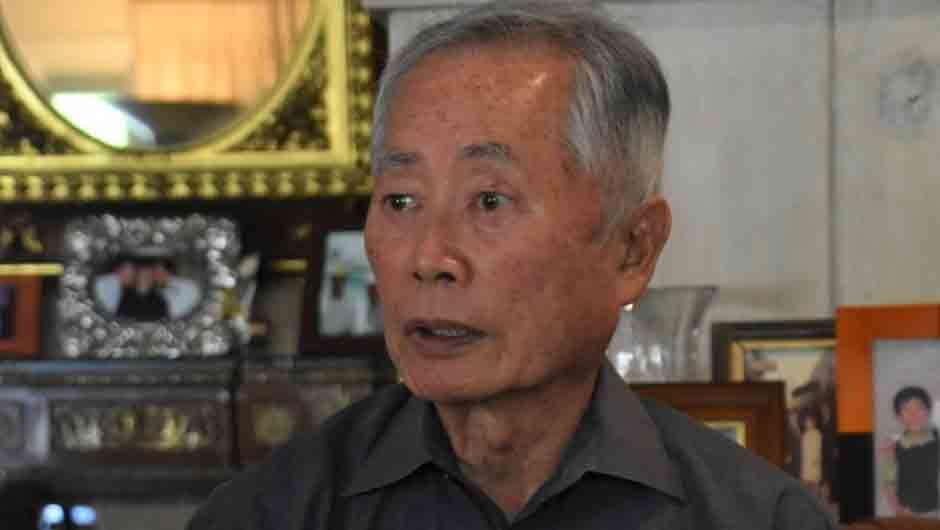Takekuma Norman Takei was born in 1902 in Yamanashi Central Japan. During his early childhood, he lost his mother and was taken care of by his father Yataro Takei. When he was 12 years old, he was brought to San Francisco, California by his father. It is noted that Takekuma Norman loved baseball so much as a teenager and traveled to different places in the Bay Area and San Francisco with the renowned Japantown Seals baseball team. For his high school studies, Norman Takei attended and graduated from Hills Business College. Although he loved San Francisco so much, Norman moved to the thriving southern California city of Los Angeles where he started a dry cleaning business which later became so successful in the Wilshire district that is close to the Bullock’s Wilshire department store.
He met and married Fumiko Emily Nakamura, a beautiful lady from Florin California, in 1935, and in the same year, they got married. They had three children; two boys and one girl. The firstborn son was called George, the famous American actor, activist, and author, who was named after King George VI because he was born in the year of the Royal Coronation, 1937. The second-born son was named Henry, after King Henry VIII, and the girl was called Nancy Reiko after a friend the parents admired so much. The naming of their children was symbolic as they were named after prominent figures and close friends.
The War of 1941
It is during the bombing of Pearl Harbor in 1941, that the lives of the Takei family took a drastic change. The then-president of the United States of America, President Franklin D. Roosevelt ordered the evacuation of all Japanese-Americans from the West Coast in the infamous Executive Order 9066. Takei and his family were ordered to leave their house and they were taken to Garnet Street. They were forced to live in horse stables on the Santa Anita Race Track. It was the most humiliating experience for Norman Takekuma because he had to see his young family live in deplorable conditions in a narrow horse stall that reeked of horse stench.
Later, the Takei family was transported across the country to a barbed wire fenced camp called the Rohwer Relocation Center on the swamps of Southern Arkansas. The Japanese-Americans branded evacuees were American citizens being forcefully transferred from their homes, imprisoned without charges, and no trial or due process of the law was followed. Life was unbearable in the camp as people; men women, the old, and young children were put in one camp and had to share meals and toilets. Norman and his family were later put on a train and transported back to California to another camp near the Oregon border. In this camp, Norman Takekuma was elected as the block manager.
Life After the War
The war finally came to an end in 1945 and Takekuma Norman and his family went back home to Los Angeles. The reception there was hostile and they were forced to stay in a small hotel room. Norman took up a dishwasher’s job to fend for his family. However, due to their resilience, Fumiko and Takekuma worked hard and got back on their feet once again. Norman Takekuma sold his dry cleaning business, started a grocery store that he later sold, and decided to venture into the real estate business where he became very successful. Takekuma Norman Takei died on 22nd September 1979 aged 76. His net worth is unknown.

